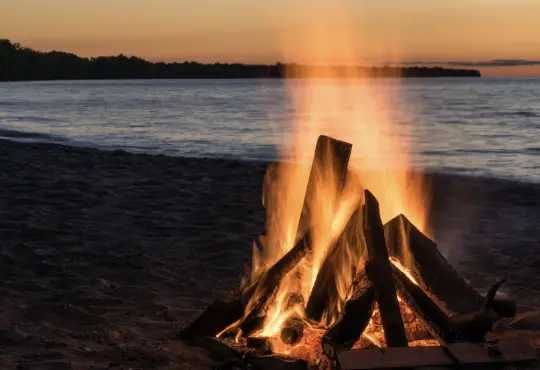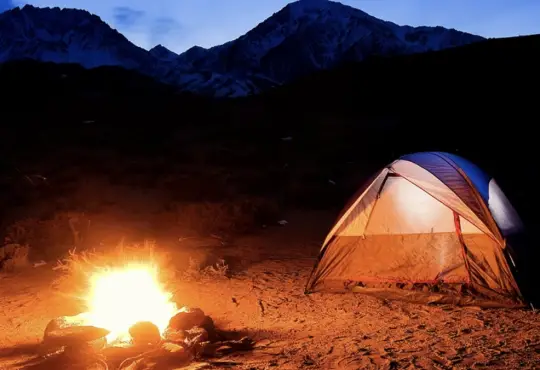
The Truth About Eating Snow: Does It Dehydrate You?
As winter blankets the world with its icy touch, snowflakes descend from the sky, creating a picturesque landscape that tempts many to indulge in the age-old tradition of catching snowflakes on their tongues. But amidst the wonder and beauty of winter, a common question arises – does eating snow dehydrate you? In this blog post, we’ll uncover the truth behind this popular belief and explore the potential risks and benefits of consuming snow.
The Myth of Snow Dehydration:
The idea that eating snow can lead to dehydration has been perpetuated for generations, and it’s not entirely unfounded. In extremely cold environments, consuming snow may be ill-advised, as it can cause a drop in body temperature, leading to hypothermia. Additionally, if someone relies solely on snow for hydration in freezing conditions, it may exacerbate the risk of dehydration due to the body’s increased need for warmth.
However, under typical circumstances and in milder climates, the idea that eating a small amount of snow causes dehydration is largely a myth. In fact, snow is composed of water molecules, and when consumed in moderation, it can provide a source of hydration.
The Cold Reality:
While eating a small amount of snow may not lead to dehydration, there are some factors to consider:
- Purity of Snow: Snowflakes that descend from the sky are generally pure and safe to consume. However, avoid eating snow that has accumulated on the ground for an extended period, as it may contain pollutants or contaminants from the environment.
- Temperature: Extremely cold temperatures can be dangerous to the body, especially if it’s already experiencing cold exposure. If you’re already feeling cold, consuming snow could lower your body temperature further and increase the risk of hypothermia.
- Hydration Needs: While consuming snow can provide some hydration, it should not replace the need for drinking water. Snow is less efficient at hydrating the body compared to liquid water, as it requires the body to expend energy to melt and warm it.
The Safe Approach:
If you’re tempted to taste freshly fallen snow, follow these guidelines to ensure a safe experience:
- Moderation: Limit your snow consumption to a small amount. A few flakes caught on your tongue are generally harmless, but avoid consuming large quantities.
- Source: Stick to freshly fallen snow and avoid eating snow that has been on the ground for an extended period or appears dirty.
- Hydration: Do not rely solely on snow for hydration. Carry an adequate supply of liquid water when venturing outdoors, especially during winter activities.
Conclusion:
In conclusion, eating a small amount of freshly fallen snow is unlikely to cause dehydration for most people under normal conditions. While the myth of snow dehydration persists, moderation and common sense are key when it comes to consuming snow. Stay mindful of the purity of the snow, consider the temperature, and always prioritize proper hydration with liquid water. So, go ahead and enjoy the wonder of winter’s beauty, but remember to balance the novelty of catching snowflakes on your tongue with responsible hydration practices to stay safe and healthy throughout the winter season.






